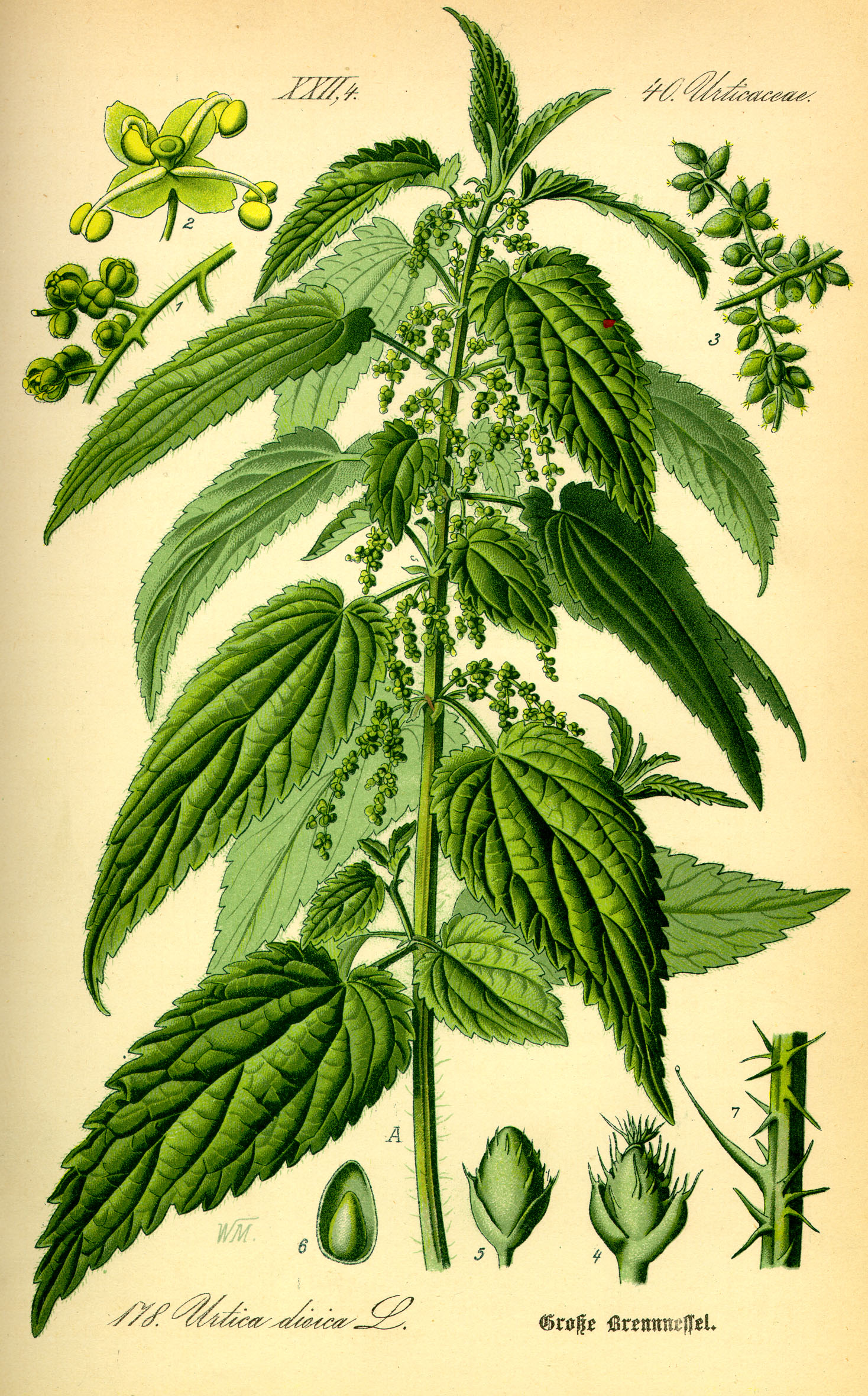However now I will update you on my progress with wine making. I'm supposed to be working on that opinion piece.
I have been busy in general but somehow I've managed to fit in time for wine making.
I have made a dandelion wine which didn't bubble away under it's airlock as I expected and so I feared it's loss but it has since bounced back. It's bubbling away in my washhouse and clearing in colour.
The most strenuous part of this brew was the several evenings my flatmates and I spent playing board games and pulling out dandelion petals. Then I mixed it up with sugar, lemon and orange peel, yeast, spring water etc. This brew had the least amount of additives from the brew shop such as campden tablets so I am intrigued to how it will fare.
Sometime in the last blur of a while, I also managed to make a quick apple wine with dumpstered apples. This is ready within five weeks to drink and I will celebrate the end of assignments by donating the wine to people's kitchen. It's not too bad, slight apple tinge while being sweet and sharp.
I also finally bottled and more importantly tasted my elderberry wine! I've been waiting 8 months for that one, and I think I'll let it mellow and age in the bottles for a bit longer. It was delicious! I'm probably not the best wine judge but I enjoyed it and so have most people who tried it. It tastes like a red wine with an elderberry twist. I bottled it to present to my class as I presented a group framework about occupational participation and satisfaction. So I've had a class full of judges.
Taman and I made a non-alcoholic elderflower champagne which is a recipe from my grandma which I've made every year since I was in my teens. This is a far less complicated (especially equipment wise) and a far quicker process than making alcoholic wine. I'm hoping there will be enough elderflowers left next week to get a 20L elderflower wine brew going with a friend who is keen to learn. Dunedin is awash with elderflowers at the moment and apparently they're the latest food fashion.
Then I will also get my gorse flower wine going. Or another dumpster apple to be ready for new year.
My occupational science requirements may be coming to an end so but I plan to continue to use my knowledge and all my equipment. I have other wines I want to try and I want to make elderberry wine again and perhaps the others as I try them. I racked off the yarrow mead again but it's still a very sharp flavour. I added more honey water but it hasn't generated any more yeast activity. I will leave that one for a much longer time and hope it mellows with time.
My friend lent me an amazing book with ancient herbal beer recipes so I may dabble in making a few beer brews, and I just saw this book online which looks interesting (Christmas present anyone...) The-Drunken-Botanist
As far as my music selection today, I've searched for music around dandelion wine and elderflower but I haven't found anything I really liked, there was a lot of generic singer-song writer folk pop.
But I know that Patti Smith grew up drinking dandelion wine so here she is













